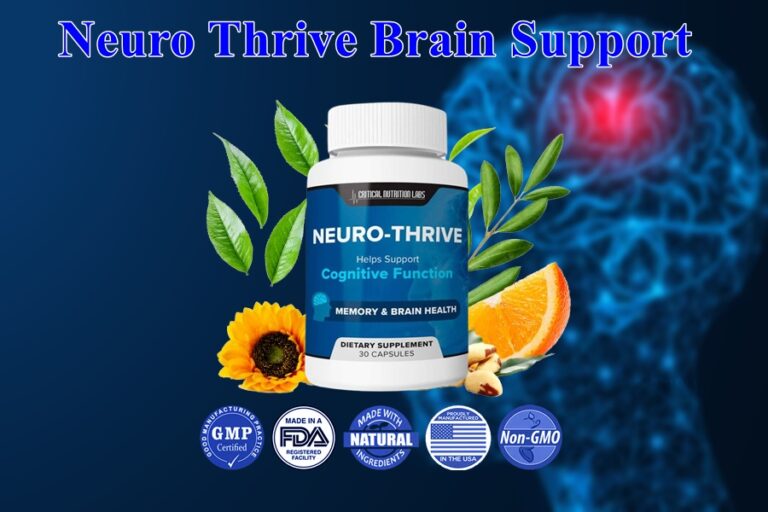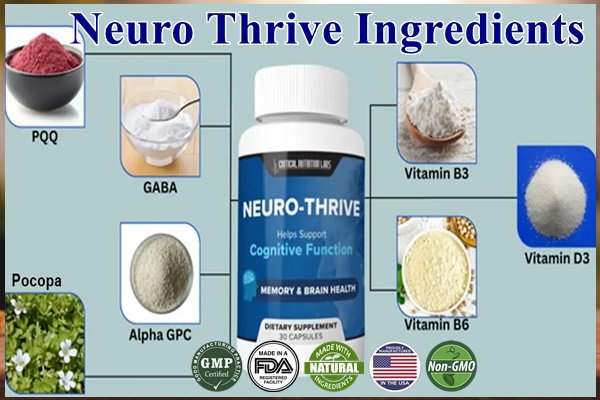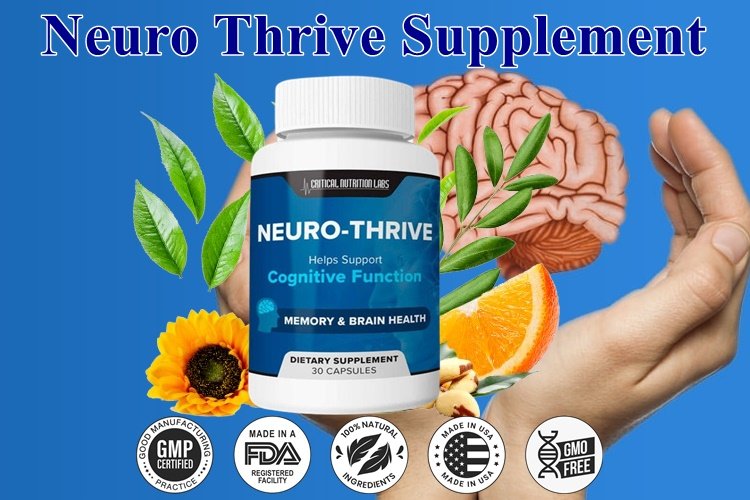10 Best Ways to Improve Your Memory
10 Best Ways to Improve Memory – Memory plays a huge role in shaping who we are. It holds our experiences, knowledge, and relationships together. But as we age, our memory can start to decline. For many older adults, this decline can become so serious that it impacts their ability to live independently, which is a common worry among seniors.

Fortunately, research has found that our brains can still grow and form new connections even as we get older. This ability to adapt and reshape itself is known as neuroplasticity. It means that our memory can improve and is not fixed. To tap into this potential, it’s important to both exercise our minds and take care of our bodies. Here are 10 ways to improve memory and keep your mind sharp at any age.
1. Learn Something New Regularly
Building memory is similar to building muscle – it grows stronger with use. If you only lift light weights every day, your muscles won’t grow much. Similarly, to boost memory, we need to challenge our minds consistently. Learning a new skill is an excellent way to do this.
Ideas for New Skills:
- Learn to play a musical instrument: Learning an instrument engages many parts of the brain, like memory, hearing, and motor skills. This keeps the brain active and can help build memory.
- Take up a creative hobby: Activities like pottery, painting, or woodworking require focus and new skills, which boost brain function.
- Play mental games: Games like Sudoku, chess, and crossword puzzles are fun and provide mental workouts.
- Dance: Taking up a new type of dance, like salsa or tango, combines physical activity with mental focus, which is highly beneficial.
- Learn a language: Speaking more than one language can improve memory and delay issues related to aging. In fact, studies show that bilingual individuals may experience memory problems later than others.
Trying a variety of these activities can help you find something enjoyable while challenging your brain.
2. Repeat and Practice to Reinforce Learning
When you come across new information, simply reviewing it once might not make it stick. Repeating information several times strengthens the connections between neurons in the brain. This means that the information is less likely to be forgotten.
How to Practice Repetition:
- Say things out loud: When you learn something new, say it out loud to help lock it in. For example, if you hear a new word, use it in a sentence.
- Write it down: Writing by hand, rather than typing, helps reinforce memory because it makes us slow down and think about what we’re writing.
- Test yourself later: Reviewing the information isn’t enough. After some time has passed, try recalling what you’ve learned without looking. This is known as “retrieval practice,” and it creates a more robust, longer-lasting memory.
3. Be Physically Active Every Day
Exercise is as good for your brain as it is for your body. When you’re active, your body pumps more blood to the brain, which helps it function better. Studies show that regular exercise is linked to a reduced risk of memory problems.
Guidelines for Physical Activity:
- The Department of Health suggests that adults aim for at least 150 minutes of moderate activity (like walking) or 75 minutes of intense activity (like jogging) per week.
- Even small bursts of activity, like taking a 10-minute walk a few times a day, can help if you don’t have time for a full workout.
- Try to include a mix of aerobic activities (walking, running) and exercises that build strength and balance. Yoga, tai chi, and stretching routines are also great for mental and physical health.
Physical activity doesn’t have to be intense to benefit your memory. Find activities that you enjoy to make it easier to stick with.
4. Stay Organized to Reduce Stress and Forgetfulness
A cluttered environment can make it harder to remember things. Studies show that an organized home and workspace can help reduce stress and improve memory.
Organization Tips:
- Use tools: Keep a notebook, planner, or an app on your phone to jot down important tasks, appointments, or ideas.
- Set up routines: Try to place your essential items, like keys and glasses, in the same spot every day so you always know where to find them.
- Minimize distractions: Do one thing at a time. Multi-tasking might seem effective, but it often leads to errors and forgetfulness.
Keeping things simple and organized reduces the mental strain on your brain, making it easier to focus and remember important information.
5. Use GPS Sparingly to Boost Navigation Skills
Using GPS is convenient, but studies have shown that constantly relying on it can actually weaken the hippocampus – the part of the brain that manages spatial memory and helps transfer information from short-term to long-term memory. A weaker hippocampus can increase the risk of memory loss and dementia.
Navigation Tips:
- When possible, try to navigate without GPS or at least turn it off once you’re familiar with an area.
- Practice visualizing routes, street names, and landmarks to exercise your brain’s spatial skills.
- You can also try “mental mapping,” where you picture the route in your mind to reinforce memory and boost the hippocampus.
Taking control of your navigation helps strengthen the part of the brain linked to memory, which can reduce memory decline over time.
6. Avoid Bright Screens Before Bed for Better Sleep
Blue light from screens like phones and computers suppresses melatonin, a hormone that helps control sleep. Poor sleep quality can make it harder for the brain to process and recall information.
Tips for Screen-Free Time:
- Turn off screens an hour before bed to allow your body to produce melatonin naturally.
- If you need to use screens, try blue-light-blocking glasses or enable night mode on devices.
- Try other relaxing activities before bed, such as reading, meditating, or listening to soft music.
Getting good sleep lets the brain refresh and strengthens its ability to store memories.
=> This dietary supplement that helps improve your memory and prevents forgetfulness
7. Eat Brain-Boosting Foods
Your diet affects your memory and brain health. Diets like the Mediterranean diet and the MIND diet (a mix of the Mediterranean and DASH diets) are linked to better memory and a lower risk of Alzheimer’s and Parkinson’s.
Key Foods for Memory:
- Leafy greens and berries: These foods are high in antioxidants that help fight brain aging.
- Whole grains and nuts: They provide healthy fats and fiber, which help improve brain function.
- Fish rich in omega-3s: Fatty fish like salmon are loaded with omega-3 fatty acids, which are essential for brain health.
- Olive oil: This healthy fat is linked to reduced inflammation, which supports brain function.
- Wine, in moderation: A small amount of red wine can be beneficial, as it contains antioxidants, but it should be limited.
By focusing on these foods, you can support your brain health over time.
8. Be Cautious with Certain Medications
Some medications may have side effects that impact memory. While it’s important to follow medical advice, it’s also wise to be aware of the potential memory impacts of medications, like specific cholesterol or anxiety drugs.
Medication Tips:
- Always talk to your doctor if you think a medication might be affecting your memory.
- Discuss other lifestyle changes, like diet and exercise, that might reduce the need for medication.
A healthcare professional can help you find ways to manage your health without compromising memory.
9. Manage Stress to Protect Your Memory
High-stress levels release cortisol, a hormone that can impair memory over time. Chronic stress can also shrink parts of the brain involved in memory.
Ways to Manage Stress:
- Practice deep breathing exercises or meditation to calm your mind.
- Exercise regularly, as it’s a great way to reduce stress.
- Take time to do things you enjoy, like hobbies, spending time with family, or simply relaxing.
Learning to manage stress is a crucial part of maintaining memory and mental well-being.
10. Drink Enough Water Every Day
Our brains are about 75% water, so even mild dehydration can have adverse effects on memory. Staying hydrated helps keep your brain cells active and healthy.
Hydration Tips:
- Aim to drink water throughout the day rather than in large amounts all at once.
- Limit drinks with caffeine and sugar, as they can contribute to dehydration.
- Consider carrying a water bottle with you as a reminder to drink regularly.
Water is essential for a healthy brain, so staying hydrated is a simple and effective way to support memory.
Conclusion
If you’re worried about memory loss, it’s always a good idea to consult a healthcare provider. They can help identify the causes of memory issues and offer practical solutions. Taking steps to care for your mind and body today can help you stay mentally sharp and live a fuller, more independent life for years to come.
=> This dietary supplement that helps improve your memory and prevents forgetfulness



